The value of foreign inflow on the Nigerian Exchange Limited (NGX) dropped by 19.14 percent in April to N42.58 billion from N52.66 billion in March.
This was revealed in the Domestic & Foreign Portfolio Investment Report of the NGX for April.
Join our WhatsApp ChannelAt the same time, foreign outflow worsened by 88.10 percent, rising to N78.25 billion from N41.60 billion in March. This indicates that foreign investors’ appetite for the local equity market remains low. The trend follows a pattern observed since the beginning of the year, with foreign outflow increasing from N37.33 billion in January to N40.88 billion in February.
Despite the drop in foreign inflow, combined foreign transactions saw an increase of 28.19 percent, reaching N120.83 billion in April compared to N94.26 billion in the previous month. However, the local bourse experienced a loss of about N3.54 trillion in April due to bearish trades, as investors sought better yields in alternative markets.
Meanwhile, $1.30 billion worth of cleared USD/naira-settled non-deliverable forwards (NDFs) contracts on the FMDQ securities is due on Wednesday. These contracts involve parties agreeing to an exchange rate for a future date without the obligation to deliver the underlying US dollar on the settlement date. The settlement amount is determined by the difference between the contract rate and the Nigerian Autonomous Foreign Exchange Fixing rate on maturity day.
READ ALSO: NGX Reports Sharp Decline In Equity Market Transactions For April 2024
Olaide Baanu, a financial market analyst, explained the impact of the due cleared USD/NGN NDFs contracts. “The settlement of $1.3 billion implies a cash payment of approximately N1.8 trillion from the Central Bank of Nigeria (CBN) based on the NAFEX rate of around N1,400 per dollar,” Baanu said. “If this volume of naira is paid by the CBN, it is likely to lead to further depreciation of the naira beyond the CBN’s target range. Market participants may use the excess naira liquidity to repurchase USD, adding pressure on the naira’s value.”
Baanu added that the CBN’s ability to make such a payment depends on several factors, including its foreign exchange reserves, monetary policy objectives, and the potential impact on domestic liquidity and inflation. “In response to such a significant cash outflow, the CBN may need to intervene in the foreign exchange market to stabilize the naira’s value before and after the payment,” he noted.
The intervention could involve measures to lower the official exchange rate to around N1,000 per dollar or issuing promissory notes to manage liquidity and prevent excessive naira circulation at once.
This situation highlights the ongoing challenges faced by the Nigerian financial market, particularly the NGX, as it navigates the complexities of foreign investment and currency stability. The actions and decisions of the CBN will be crucial in managing these challenges and maintaining investor confidence in the local market.
In summary, while the NGX has seen a significant decline in foreign inflows and an increase in outflows, the overall foreign transaction volume has increased. The upcoming settlement of NDFs contracts poses further challenges for the CBN in managing the naira’s value and market stability.
Emmanuel Ochayi is a journalist. He is a graduate of the University of Lagos, School of first choice and the nations pride. Emmanuel is keen on exploring writing angles in different areas, including Business, climate change, politics, Education, and others.

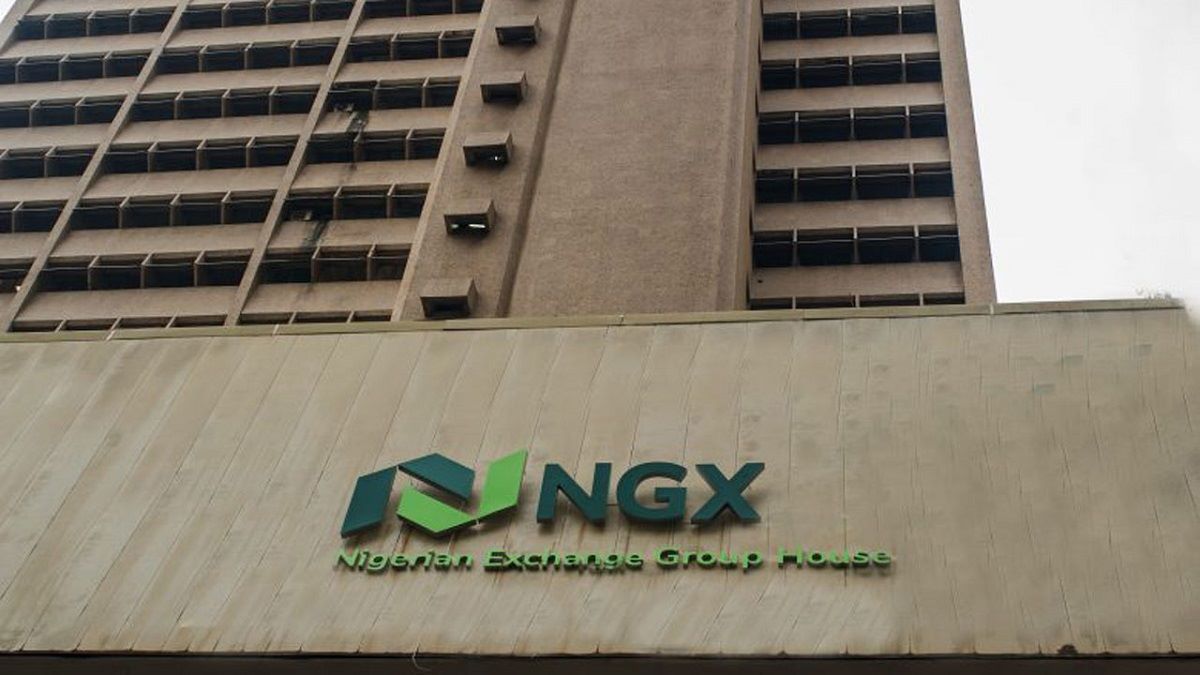




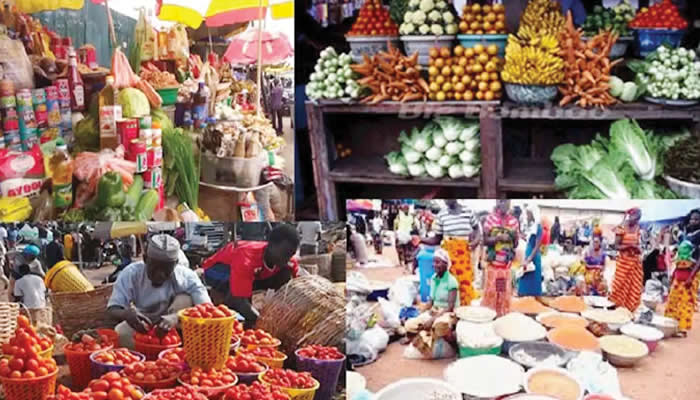


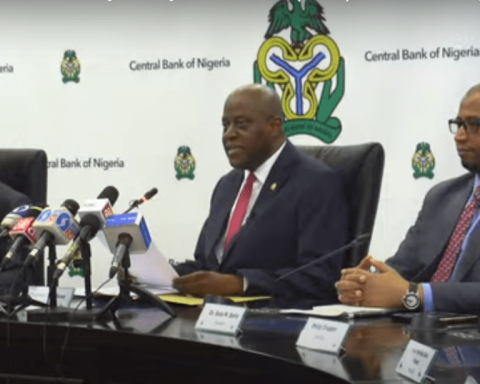

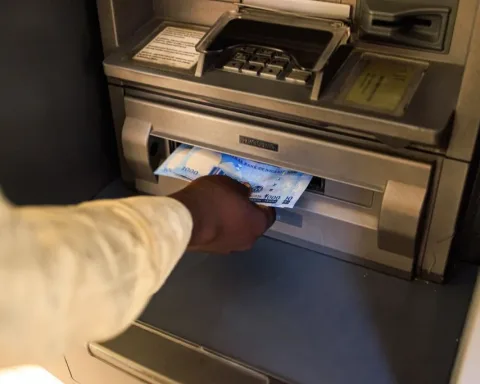


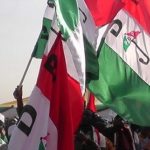



Follow Us